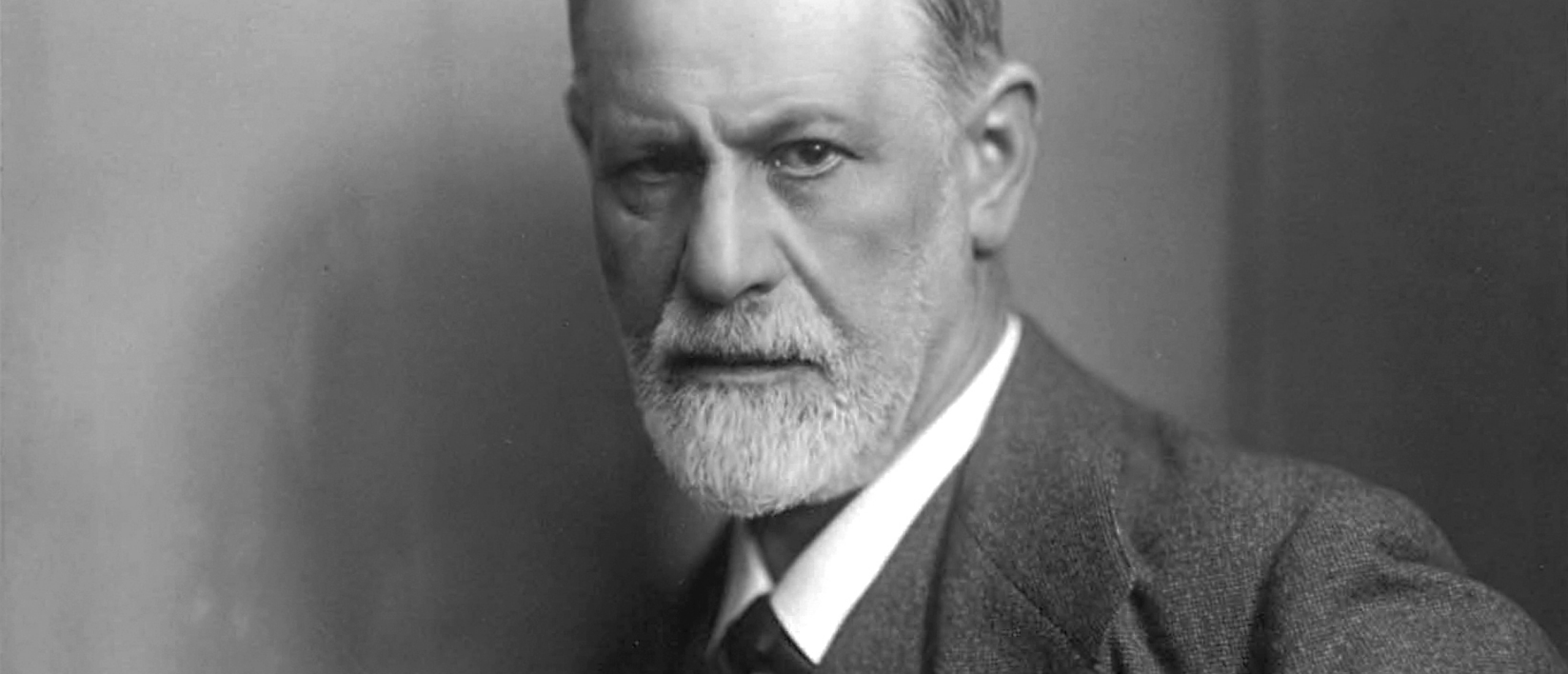
Who was Sigmund Freud?
Sigmund Freud, born on May 6, 1856, in Moravia, is considered one of the most influential thinkers of the 20th century. He is known as the father of psychoanalysis, a therapeutic method used to treat mental illness. Throughout his lifetime, Freud developed several theories and concepts that fundamentally changed the way the world views the human mind and behavior. In this article, we will delve into the life, work, and legacy of Sigmund Freud.
Early Life and Education
Sigmund Freud was born in the small town of Freiberg, Moravia, which is now part of the Czech Republic. He was the first of eight children born to Jacob and Amalie Freud. His father was a wool merchant, and his mother was a homemaker. Freud was a brilliant student, and he excelled in several subjects, including Latin, Greek, and mathematics.
Freud received his medical degree from the University of Vienna in 1881. During his time at university, he was greatly influenced by the works of philosopher and physiologist, Ernst Brücke, who believed in a mechanistic view of the universe. This view became the foundation of Freud's belief that the human mind could be studied scientifically.
Work in Neuropsychology
After obtaining his medical degree, Freud worked at the Vienna General Hospital and then at the Salpêtrière Hospital in Paris. During this time, he became interested in the field of neuropsychology and started to focus on the study of the nervous system. He also became interested in the emerging field of hypnosis and began using it in his treatments.
In 1886, Freud opened his private practice in Vienna and began treating patients with various mental and emotional problems. At this time, he also began to develop his theories on the unconscious mind and the role it played in human behavior. He believed that unconscious thoughts and desires played a significant role in shaping human behavior, and that these unconscious thoughts could be brought to consciousness through therapy.
The Birth of Psychoanalysis
As Freud continued to treat patients and develop his theories, he began to form the basis of psychoanalysis. In 1895, he published "Studies on Hysteria," co-written with Joseph Breuer, which marked the beginning of psychoanalysis as a distinct field of study. In this work, they introduced the concept of the unconscious mind and the role of repressed memories in shaping behavior.
Freud continued to develop his theories, and in 1899, he published "The Interpretation of Dreams." This work became one of his most famous and influential works. In it, he introduced the concept of the Oedipus complex, the idea that a child has unconscious sexual desires towards their parent of the opposite sex. He also introduced the idea of the "dreamwork" mechanism, which he believed was the process by which the unconscious mind translated unconscious thoughts and desires into the symbolic imagery of dreams.
The Techniques of Psychoanalysis
In the early years of psychoanalysis, Freud used hypnosis as a tool to access the unconscious mind. However, he later abandoned the use of hypnosis and developed other techniques to explore the unconscious, such as free association and transference.
Free association is a technique where the patient is encouraged to speak freely and openly about their thoughts and feelings, without censorship or judgment. This process allows the analyst to understand the patient's unconscious mind and uncover repressed memories.
Transference is a phenomenon that occurs when patients projects their unconscious thoughts and desires onto the analyst. This allows the analyst to understand the patient's unconscious mind and uncover repressed memories.
The Ego, the Id, and the Superego: Key Components of the Human Psyche
Sigmund Freud's psychoanalytic theory of the human psyche is comprised of three main components: the ego, the id, and the superego. These three components interact to shape human behavior, thoughts, and emotions. In this article, we will explore each component and its role in the human psyche.
The Id
The id is the unconscious component of the human psyche and is present from birth. It is driven by the pleasure principle, which means that the id seeks immediate gratification of its desires and needs. The id is the source of primitive, instinctual drives and desires, such as hunger, thirst, and sexual urges.
The id is a completely unconscious component of the psyche, and its desires and impulses are not influenced by reality or social norms. As a result, the id is often in conflict with the other components of the psyche, particularly the superego.
The Superego
The superego is the component of the human psyche that represents the moral and ethical standards of society. It is formed through the internalization of societal norms and values and serves as a moral compass for the individual. The superego operates on the reality principle, which means that it takes into account the reality of a situation when deciding whether or not to act on a desire or impulse.
The superego serves as a counterbalance to the id and its instinctual desires. It provides the individual with a sense of right and wrong, and it seeks to control the individual's behavior in accordance with societal norms and values. The superego can be seen as the source of guilt, as it is responsible for the individual's sense of remorse when they act in ways that are in conflict with their internalized moral code.
The Ego
The ego is the conscious component of the human psyche and is responsible for mediating between the demands of the id and the superego. It operates on the reality principle and seeks to balance the desires of the id with the demands of the superego, while also taking into account the reality of the situation.
The ego is responsible for rational thought and decision making. It uses defense mechanisms to protect the individual from anxiety and to maintain a sense of self. Defense mechanisms include repression, denial, and projection, among others.
The ego, id, and superego interact and interact to shape human behavior and emotions. When the ego is successful in balancing the demands of the id and the superego, the individual is able to act in ways that are in line with both their own desires and societal norms. However, when the ego is unable to reconcile the demands of the id and the superego, the individual may experience inner conflict and psychological distress.
Influence on Modern Psychology
Freud's ideas about the unconscious mind and psychoanalytic therapy had a profound influence on modern psychology and the field of psychotherapy. His theories continue to be widely discussed and debated, and many of his concepts, such as the id, ego, and superego, have become part of the mainstream vocabulary.
However, Freud's ideas have also been subject to criticism. Some have argued that his theories are not scientifically valid and that his methods of therapy are not effective. Others have criticized his focus on sexual desires and repressed desires as being too narrow and limiting.
Despite these criticisms, Freud's ideas and methods continue to be widely studied and used in the field of psychology and mental health. His theories have been adapted and modified by many subsequent theorists and therapists, and his contributions have paved the way for the development of many modern treatments for mental illness and stress management.
